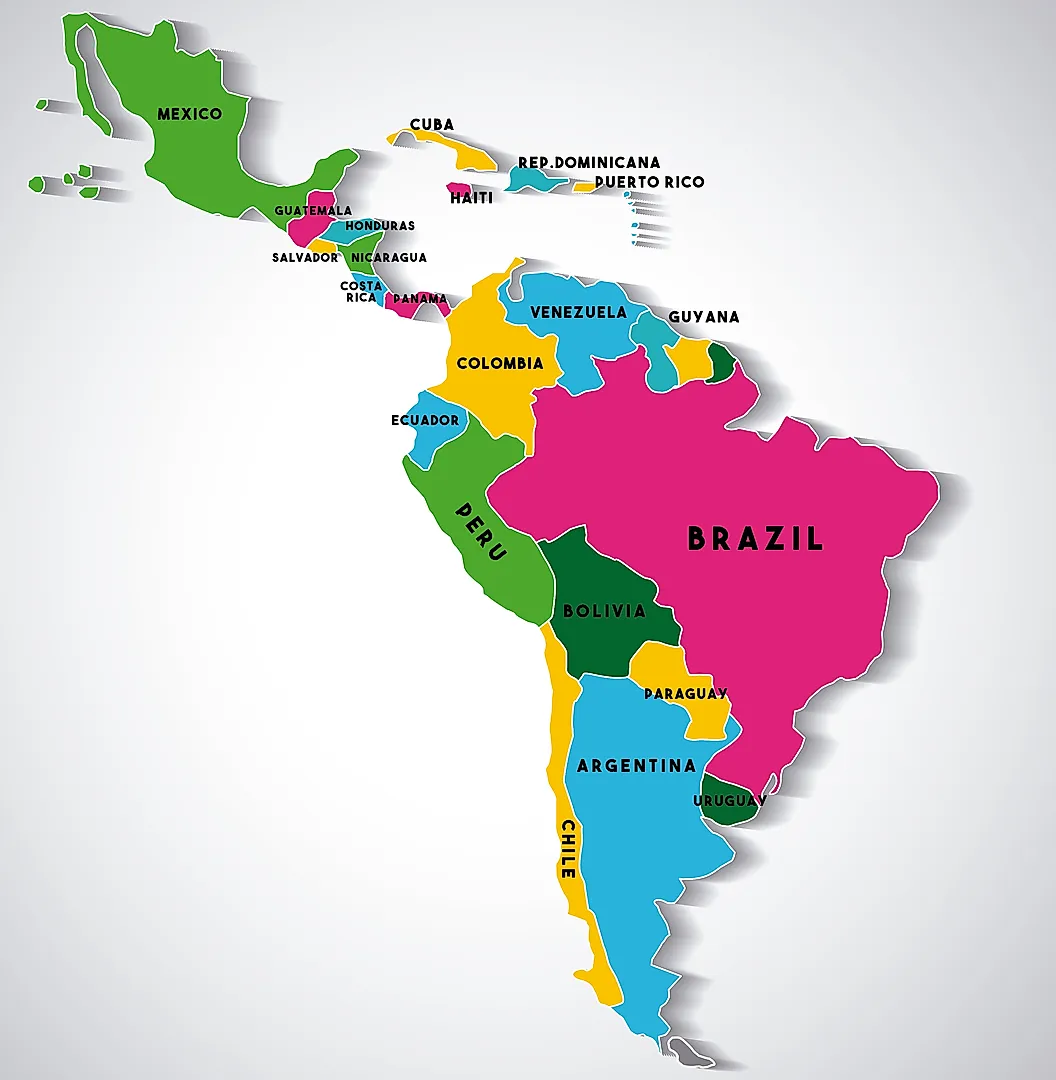The U.S. government purchased pesos in the Argentine foreign exchange market, Treasury Secretary Scott Bessent announced on Friday, but it wasn’t enough to stop the peso from weakening against the dollar.
The same day, the International Monetary Fund (IMF) reiterated that Argentina should boost reserve accumulation.
“Yesterday, Treasury bought pesos in the ‘Blue Chip Swap’ and spot markets,” Bessent wrote on X. Since last week, the U.S. Treasury has been buying pesos (which means selling U.S. dollars) in the foreign exchange market to contain the run on the peso. Friday’s announcement means it is also intervening in the financial market.
Bessent said that the U.S. government is “in close communication” with Argentina’s economic team. “Treasury is monitoring all markets, and we have the capacity to act with flexibility and with force to stabilize Argentina,” he said.
However, the peso plunged across all markets — the official wholesale rate was up 3.8%, from AR$1,446 on Thursday to AR$1,455 on Friday, while the blue-chip swap rate went from AR$1,491 to AR$1,543.7, a 3.5% variation.
Financial analysts have said that the U.S. Treasury’s dollars do not seem to cut it, as Argentines seem eager to dollarize their portfolios.
“The problem is that the government wants to determine the value of the dollar. And at the price it sets, the amount of dollars that demand is willing to buy is vastly greater than what supply is willing to sell,” economist Christian Buteler posted on X.
“It’s not about ignoring the firepower of the US Treasury, nor is it about challenging Uncle Scotty — it’s simply a matter of supply and demand.”
On Friday, during an IMF and World Bank 2025 Annual Meeting’s press briefing, the newly-appointed director of the Western Hemisphere Department, Nigel Chalk, said that “the support from the US Treasury is helping to stabilize markets and it will complement the fund-supported program.”
However, he added that Argentina should apply “a consistent set of macroeconomic policies — that includes policies to reduce inflation, reserve accumulation, but also policies that will create the foundation for strong and sustained growth.”
The Fund has repeatedly said that Argentina should accumulate international reserves, but analysts agree that the government has been prioritizing disinflation instead.




